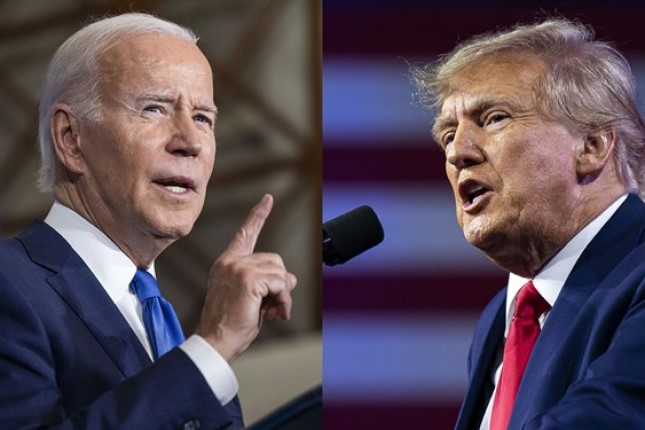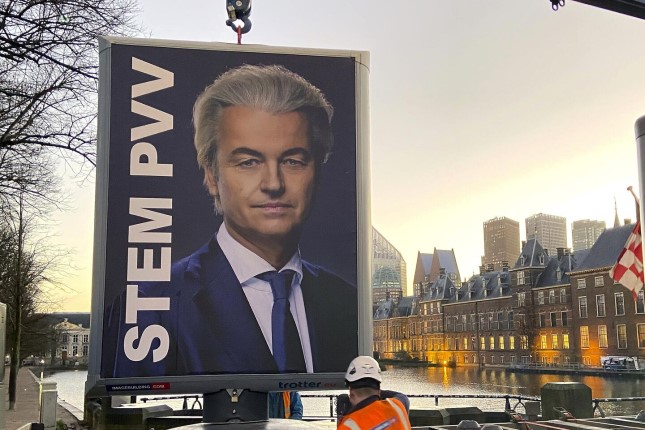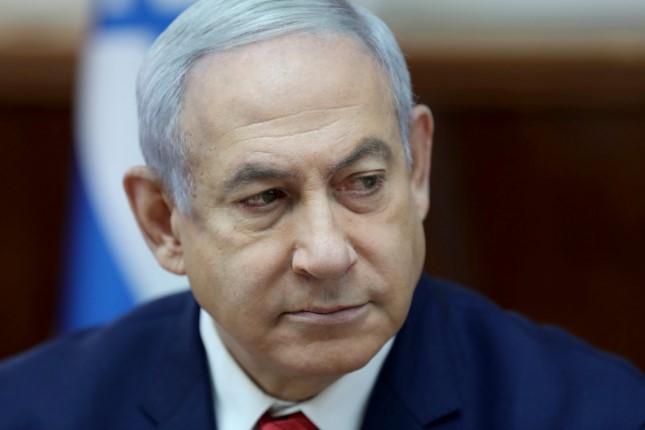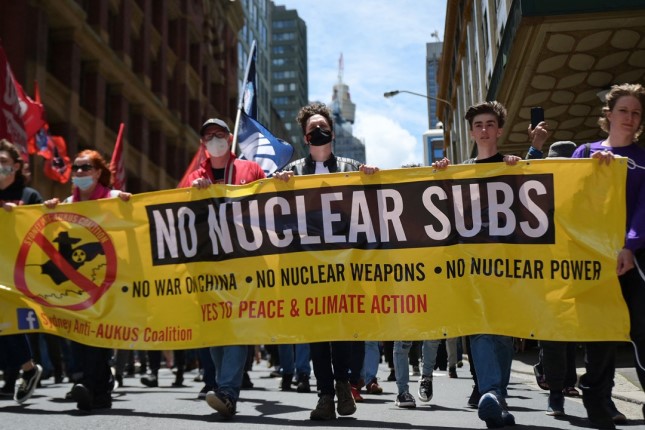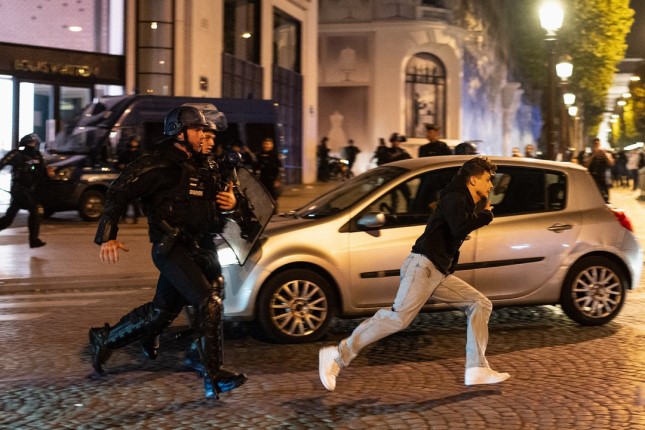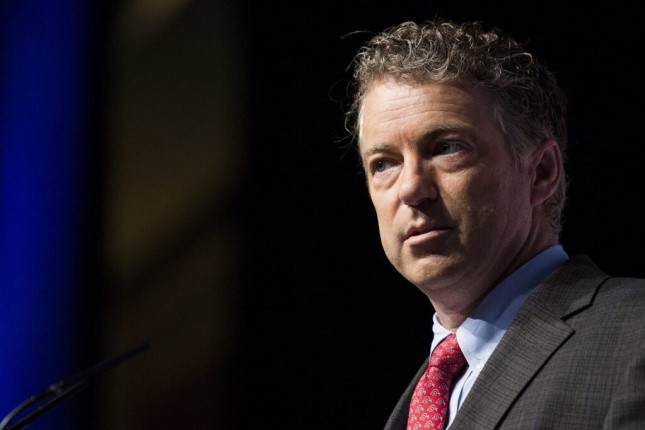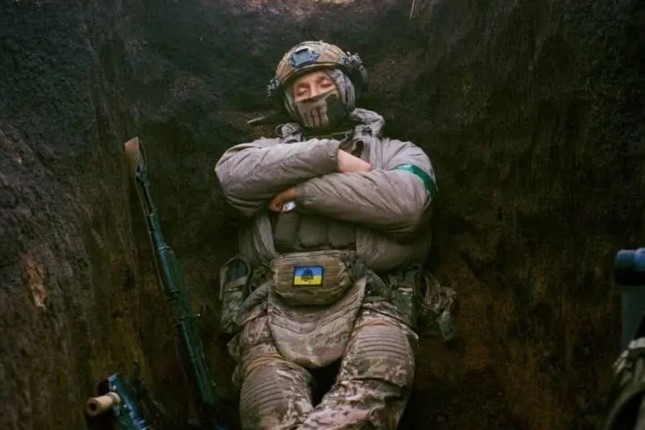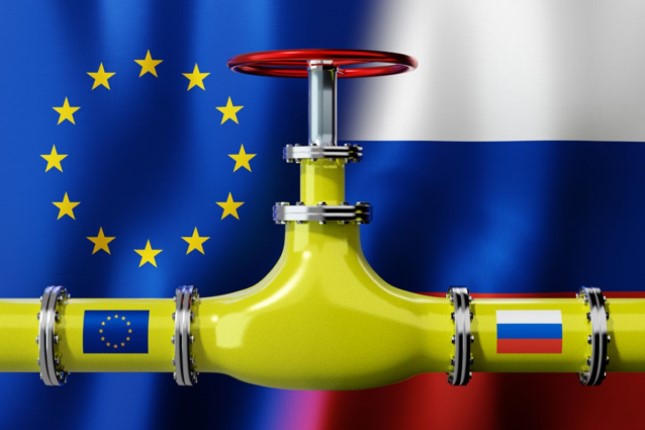Parachuting into the frenzy of Manhattan’s East Side last week exposed the usual traffic snarls and not-so diplomatic cacophony about the United Nations. The noise included hackneyed pleas to alter the Security Council, often mixed with calls to draft a new Charter. Yet with current toxic politics, reform is a nonstarter.
Conversations on First Avenue, like others this spring and scheduled for 2024 and 2025, can be interpreted as ambitious efforts to pursue reports from the secretary-general in 2021 and his high-level advisory board for effective multilateralism, in addition to civil society reports, as analytical grist for the SDG Summit a week ago, next year’s Summit of the Future and the World Social Summit in 2025. Even U.N. cheerleaders, however, have been heard to utter “death by summit.”
The inadequacy of current global problem-solving provides the drumbeat. What could be more obvious?
Equally obvious is the abysmal political climate for international cooperation, with deep rifts and mistrust, certainly the worst in my lifetime. The biggest war in Europe in decades is now mired in its 19th devastating month.
In 1945, consensus existed about the world organization’s scope and priorities. Today, there is no agreement. Changes to the Charter follow, not precede, consensus. Optimists anticipating major changes ignore the polarized political reality displayed everywhere: growing rivalry among major powers; increasing disagreements within U.N. intergovernmental bodies; and backsliding on key normative and legal commitments.
Let’s mention recent illustrations of the confused and confusing reactions that result: the coups in Niger and Gabon this summer, the violent eruption in Sudan this spring, the full collapse of Sahelian stability right now, the expanding membership of the BRICS and G20 and no-shows at the annual General Assembly session by four of the five permanent members (U.S. President Joe Biden arrived from D.C.). Let’s not forget, too, the diffuse responses to economic inequalities, climate change, gender equality goals and the pandemic.
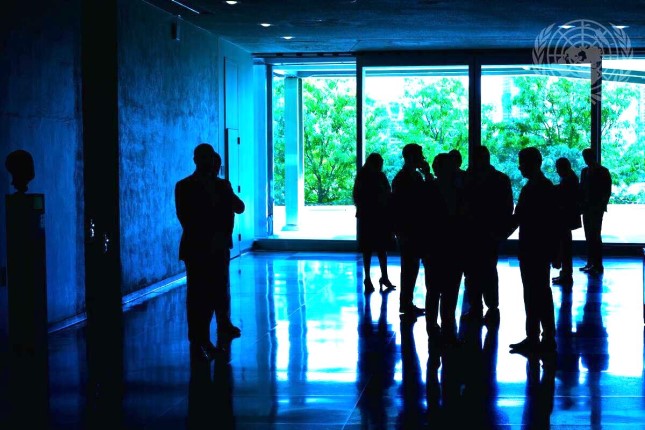
U.S. President Joe Biden, center, arriving to address General Assembly on Sept. 19. Photo: UN Photo / Loey Felipe.
To understate my case, now is not the ideal moment for a second Charter. A revision agreed by two-thirds of the membership and their parliaments would be weaker than the current one. Would we really wish the growing throng of authoritarian leaders to lead the way?
I am puzzled by two topics that routinely go nowhere but are always prominent: Security Council reform and Charter Article 109. These remain articles of faith for many and stay omnipresent, especially before major five-year anniversaries. “We have reached a fork in the road,” Secretary-General Kofi Annan told the General Assembly in 2003. In the lead-up to the 60th anniversary, he hoped for a grand bargain, another “San Francisco moment,” which is no closer today than it was two decades ago.
That year, Washington Quarterly published an essay of mine, “The illusion of UN Security Council reform” that colleagues have periodically asked me to update. I have declined because the main change would be to the title — from “The Illusion” to “The Delusion of Security Council Reform.” That 95 percent of diplomatic energy is spent on this muddle baffles.
Less unsurprising was Biden’s tease this year at the U.N. General Assembly, repeating as he did in 2022 that “the United States would support expanding the Security Council,” while knowing perfectly well this will never happen.
Everyone agrees that the world has changed since 1945, though there’s not much else in consensus. All proposals — including Ukraine President Volodymyr Zelensky’s attempt to eliminate Russia’s permanent membership and veto — are not only impossible but also raise as many problems as they solve.
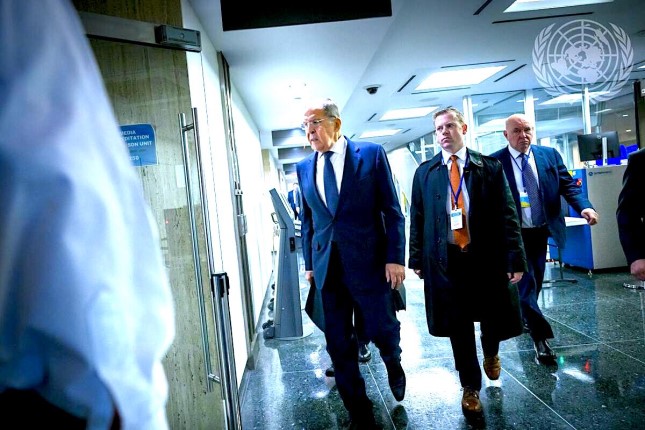
Russian Foreign Minister Sergei Lavrov, center, on his way to brief reporters at U.N. headquarters on Sept. 23. Photo: UN Photo / Loey Felipe.
We can count on more hope for the kinds of changes that occasionally raise the authority of the General Assembly, too long a backwater, and that finesse geopolitics. That is, there’s room to explore non-Charter changes.
My late friend Ed Luck and I disagreed on occasion, but on U.N. reform we both lamented that proponents are mesmerized by one “p,” namely process, but ignore another “p” — “product.” If only the process is improved, the logic goes, the product will too. It ain’t necessarily so. Moreover, the incessant wrangling and paralysis eliminate space to explore practical solutions. Adding permanent and elected members and fiddling with the veto could improve legitimacy. But would a mini-GA be more useful? Would even fewer decisions not result?
The weeping and gnashing of diplomatic teeth over several decades have not and will not enable new Charter amendments, but they have contributed to a permissive environment that has generated pragmatic modifications, such as the regular use of the Arria formula and embarrassing the veto wielders through the Liechtenstein initiative.
Member state flexibility has also led to adaptations and expansion of the U.N. system. If any founders from 1945 arrived in New York City now, they would not recognize the organization they created. I thus welcome exploring all ideas that exploit that permissive environment but shunt any thoughts about amending the Charter.
Will the inability to move ahead with dramatic Security Council reforms or Article 109 compromise U.N. credibility? No, or at least not more than in the past.
Maintenance
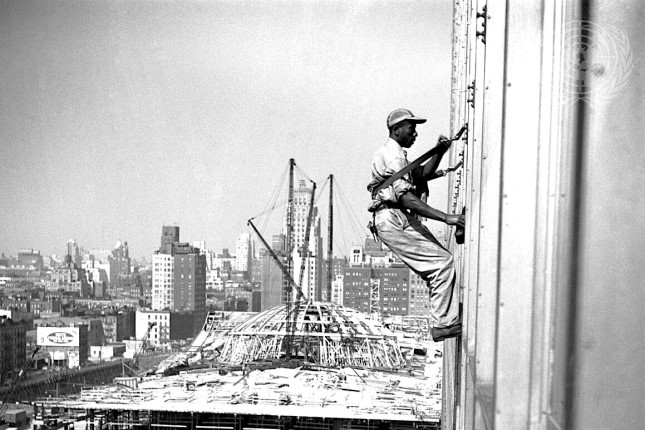
Window cleaner at work, outside the Secretariat building in 1951. In the background, the General Assembly Hall, then under construction, and the buildings of Midtown Manhattan. Photo: UN Photo / JG.
To return to my opening thought, it is foolish to discuss reforming the U.N. while ignoring the brutal contemporary political realities. Instead, we should be strengthening the U.N.’s comparative advantages. Operationally, that involves better humanitarian action and fostering ideas surrounding global norms, principles and standards. Specifically, what about consolidating and centralizing the sprawling “system”?
Member states have added a lot to the bureaucracy but rarely subtract or close entities, although two large peacekeeping missions are being shut down faster than the administrators can manage.
The highest priority for the U.N. should be to reinforce the crumbling foundations of the U.N. system, not to speculate about the one we wished we had. The 2023, 2024 and 2025 summits will not solve bigger geopolitical problems. While unexciting, would it not be more sensible to brainstorm about worst-case rather than best-case scenarios? What about hard-headed contingency plans for what should remain in the system or even be expanded as well as what should be eliminated or consolidated if the organization were to have 10 to 25 percent fewer resources? That would sharpen the pencils.
I am not yet ready to give up on the U.N. However, rather than composing wish lists, we should be identifying the UN’s comparative advantages and building on what has succeeded. Otherwise, how long will the U.N. be standing in Turtle Bay?
For those who judge me overly dramatic and apocalyptic, I would like to recall that the League of Nations continued in rump form from 1939 to April 1946. Is that, in fact, a pertinent image for today’s U.N.? It is hard not to have ringing in my ears the words from Lord Robert Cecil at the final session: “The League is dead, long live the United Nations.”
Main photo: Corridor at U.N. headquarters in New York on Sept. 23 during the 78th General Assembly © UN Photo / Mark Garten.
Source: Consortium News.




















